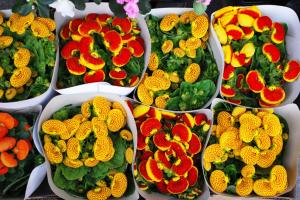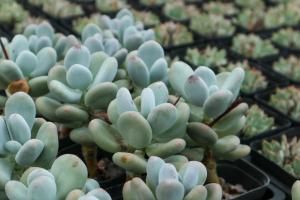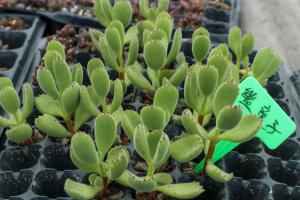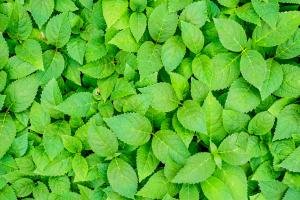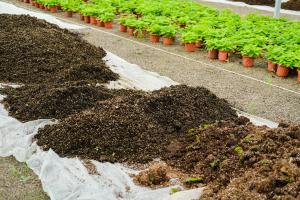Cutting method
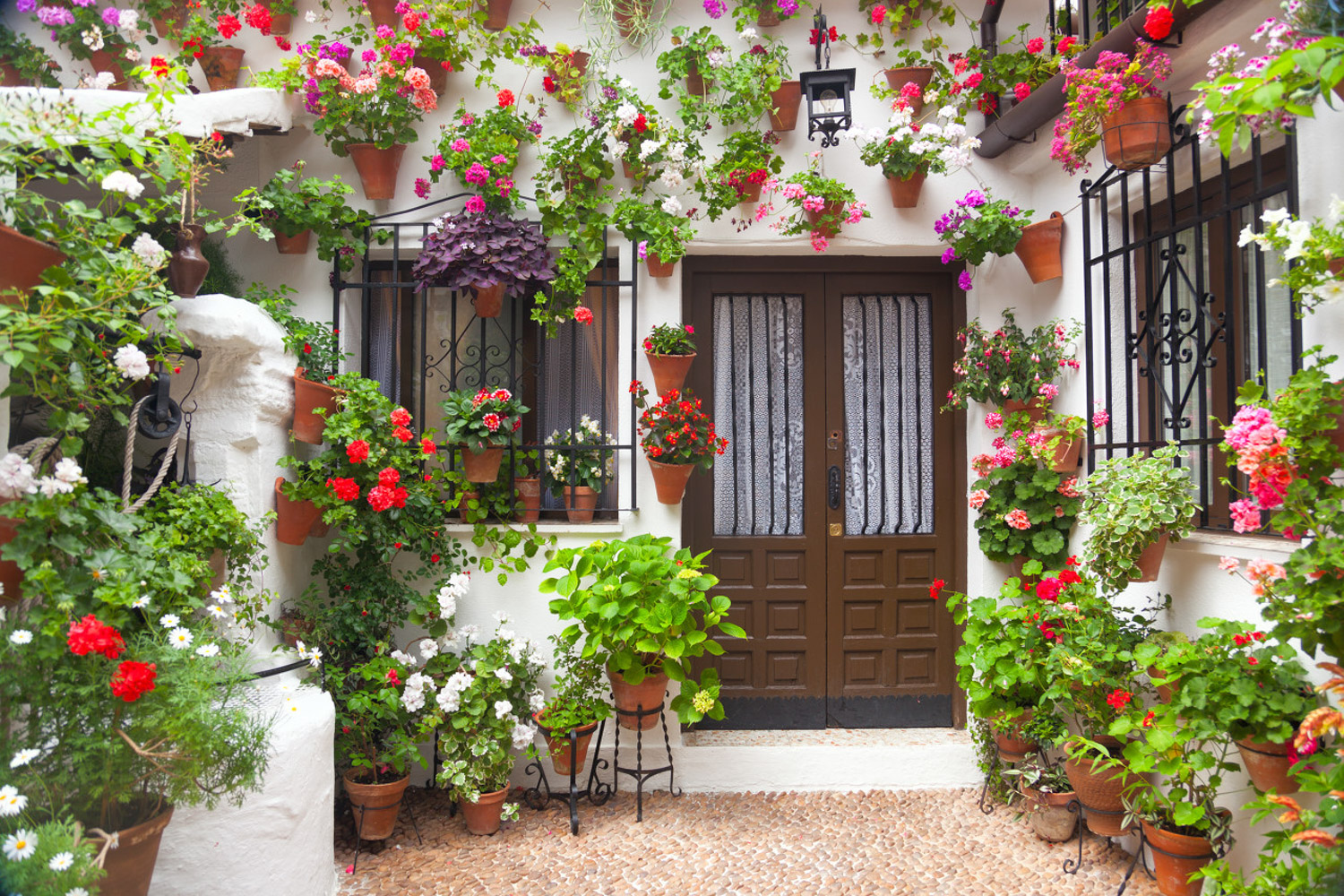
Select soil
We generally choose plain sandy soil for cutting elderberry. The plain sandy soil should be disinfected before cutting
Select cuttings
When selecting cuttings, pay attention to cutting a branch from a well-growing and strong plant without being damaged by diseases and pests. Cut a piece of paper into cuttings about 20cm long in each section to ensure that there are three or more buds on each section of cuttings. Bind these cuttings every ten and soak them in clean water. The purpose of this is to improve the survival rate of cuttings
Maintain spacing
When cutting, pay attention to the row spacing of cutting, which is about 15cm. At the same time, pay attention to the distance between each cuttings is about 10cm. If it is too dense, it is not conducive to the absorption of water, oxygen and light, resulting in slow growth
Cutting time
When cutting, you should choose the appropriate month. It is best to cut in the middle and late March. At this time, the climate is not too hot, which is conducive to ensuring that there will be no excessive loss of water in the cutting process
Specific operation
Bundle every ten selected cuttings together and soak them in clean water. Then, when planting the cutting bed, leave a space of 10cm between plants, and ensure a spacing of 15cm. After cutting, it shall be watered and shaded
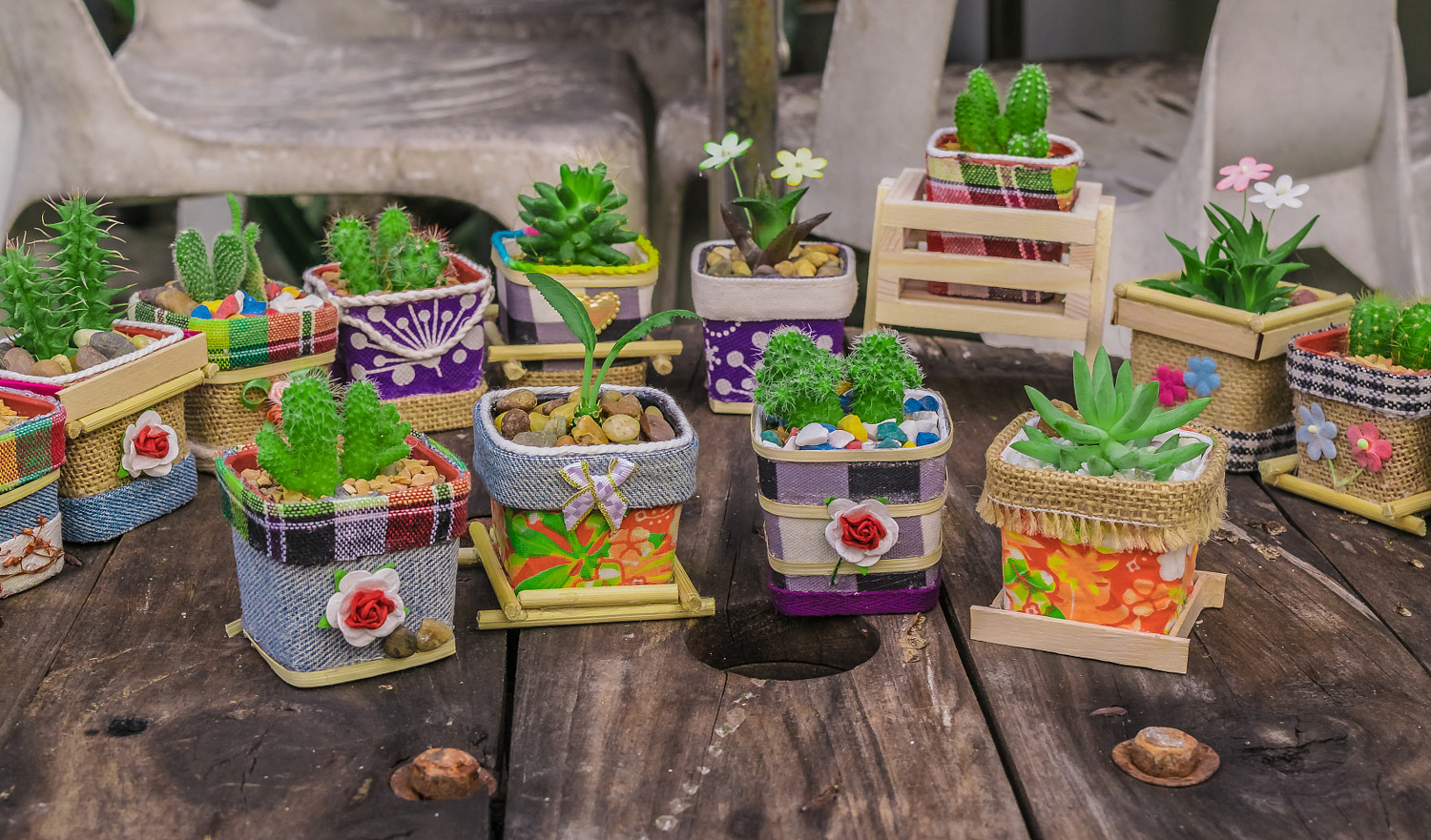
Precautions
Watering
After cutting is completed, water should be poured immediately. If possible, a shed can be built to maintain the humidity of the surrounding environment. And maintain the habit of watering once a week
Illumination
Just after cutting, do not carry out direct sunlight. If conditions permit, you can build a shading net to shade, pay attention to sunscreen, and transplant when the weather is cool in late autumn

 how many times do yo...
how many times do yo... how many planted tre...
how many planted tre... how many pine trees ...
how many pine trees ... how many pecan trees...
how many pecan trees... how many plants comp...
how many plants comp... how many plants can ...
how many plants can ... how many plants and ...
how many plants and ... how many pepper plan...
how many pepper plan...